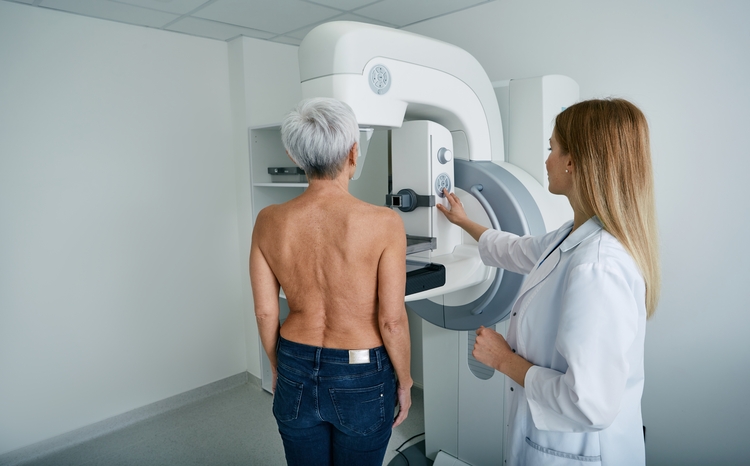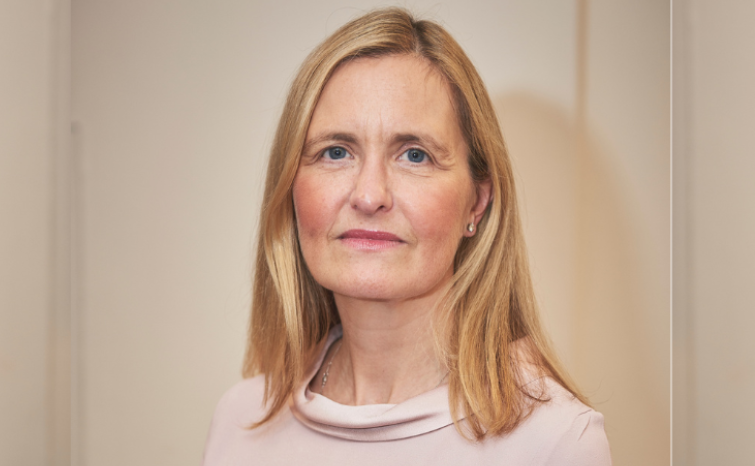Study praises Norwegian EPRs
- 1 April 2008
A study by researchers at The Norwegian University of Science and Technology (NTNU) has found that GP electronic patient records in Norway has led to better availability of records, but unsatisfactory access to information.
The study by academics Tom Christensen and Anders Grimsmo says that the deployment of EPRs to GPs across the country has been successful, but problems still need tackling.
In a research paper for the BioMed Central Medical Informatics and Decision Making journal, the academics say: "Although GPs are generally satisfied with their EPRs systems, there are still unmet needs and functionality to be covered. It is urgent to find methods that can make a better representation of information in large patient records as well as prevent EPRs from contributing to increased administrative workload of physicians."
Christensen and Grimsmo researched attitudes towards the EPR systems through focus groups, observations of primary care encounters and a questionnaire survey sent to GPs.
They found that although the EPR systems were more useful for GPs, they were not providing the time-savings GPs require.
"Efficient EPR systems support the workflow and may ease the burden of documentation and accounting, possibly allowing the GP to spend more time in direct interaction with the patient. However, time studies on physician use of EPRs have failed to demonstrate any noticeable reduction in the time spent on clinician-patient encounters," they said.
GPs were saving time they used to spend looking for patient records, but access to information such as progress notes or other documents proved more difficult, they found.
The paper says: "The focus group interviews revealed that the GPs had almost immediate access to the index pages of different sections in the EPR. However, this access did not imply that access to relevant progress notes and documents was easy.
"Patient records with many progress notes and documents were often dominated by redundancy of information and the GPs had problems with achieving sufficient overview. Many of the respondents felt it was troublesome to track earlier episodes and notes in the EPR"
GPs also found that using the new system they had to spend time doing administrative tasks which their secretaries used to do such as writing referral letters and updating demographic data.
Concerns were also raised about the effects EPRs were having on clinician-patient relationships with the loss of face-to-face contact, whilst the GP enters details into the computer.
The researchers said: In this study we have found that although the availability of the EPRs was almost immediate, availability of the information within EPRs was not always satisfactory. Use of EPRs was efficient and comprehensive and tightly interwoven with the working processes in their medical practices, but also encompassed more administrative tasks for the physicians compared to paper records.
"The results indicate that although GP EPR systems are successfully adopted and highly integrated with the clinical work, there are still needs and functionality to be met. The information within the EPR was not always easily available. Instead of looking up information in the EPR, GPs often relied on their own or their patients’ memory. This was revealed both in the focus groups, the observations and the questionnaire."
Concluding the report, they call for better representation of information in the EPR systems used.
"Although GPs are generally satisfied with their EPRs systems, there are still unmet needs and functionality to be covered. It is urgent to find methods that can make a better representation of information in large patient records. Further studies are necessary to reveal why and how the introduction of EPRs have increased the administrative workload of physicians and how it could be reduced, as well as clarify contradictory results on time spent on EPR in primary care encounters."
Links





